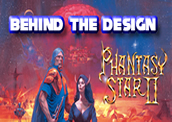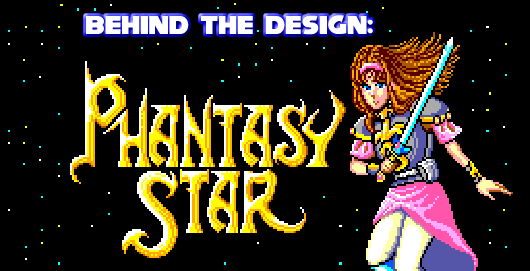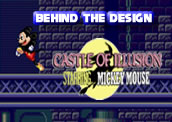Scud Race is often hailed as one of the high points of Sega’s arcade racing games of the 1990s, and it did a stellar job of showing off the Model 2 board’s power. Gamers hoped for a home port, but one surprisingly never came. Join us as we take a deep dive into its creation, release, and why that anticipated Dreamcast port never happened.
Behind the Design
Behind the Design: Phantasy Star II
Mere months after the Genesis launched, Sega unleashed the largest console RPG ever made. Phantasy Star II was beautiful, exciting, and brutally difficult. Still fans, dove in headfirst and explored the Algol Star System in an adventure that lives on to this day. Join us as we go behind the scenes and take a look at the development of this beloved 16-bit classic.
Behind the Design: Phantasy Star
The four core Phantasy Star games comprise one of the most legendary RPG franchises in gaming history, breaking conventions and seemingly defying hardware limitations. It all started on Sega’s 8-bit Master System, and we take a deep look at how the first game came together.
Behind the Design: Castle of Illusion Starring Mickey Mouse
Early in the 16-bit era, Sega and Disney teamed up to produce one of the best platformers on the Genesis. They created a game that represented an early example of the power of Sega’s new hardware and that is still beloved to this day. Sega-16 delves into the making of Castle of Illusion to see how this classic came to life and how it helped define a new generation of platformers.
Behind the Design: The Revenge of Shinobi
Virtually every Genesis owner owns or has at least played The Revenge of Shinobi. Hailed as a 16-bit classic, it was one of the early titles that showed off what the console was capable of, and it cemented the Shinobi series as a major Sega franchise. Sega-16 takes a comprehensive look at how it was made, with insight from several members of the development team.





